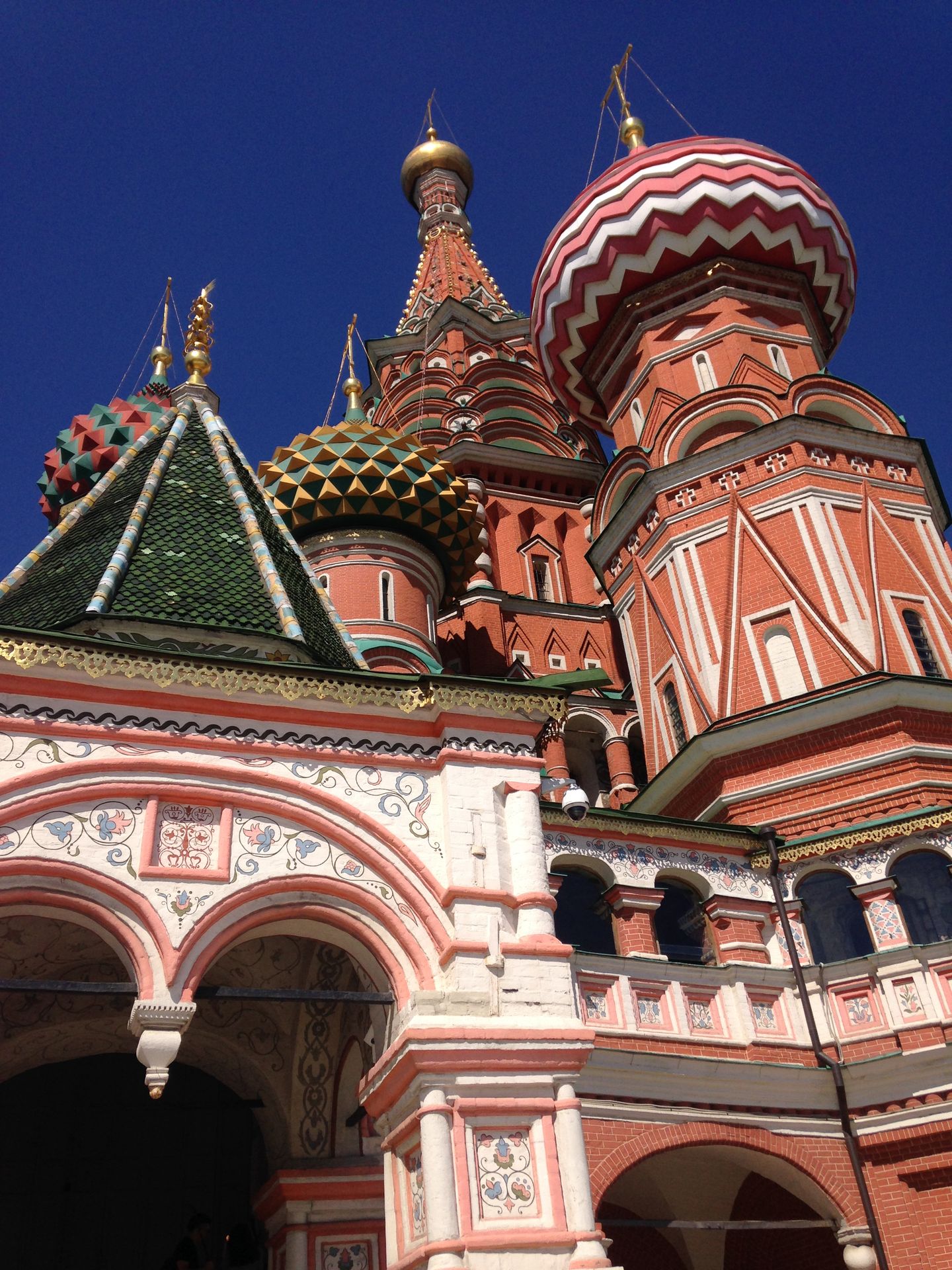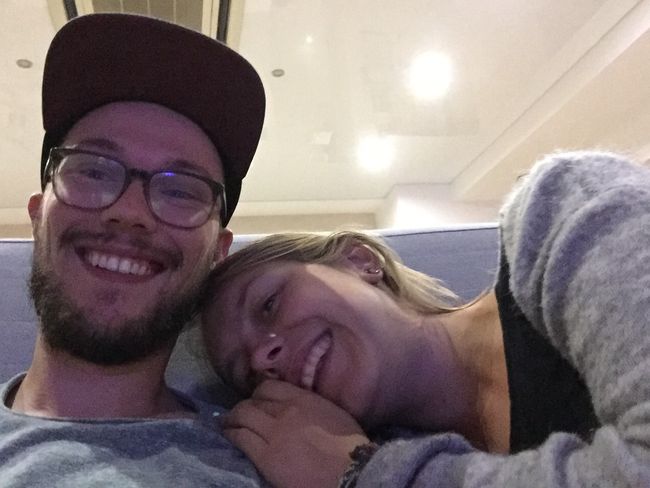Fifth section: Stories from the Tse Pub 1.0
ప్రచురించబడింది: 24.09.2018
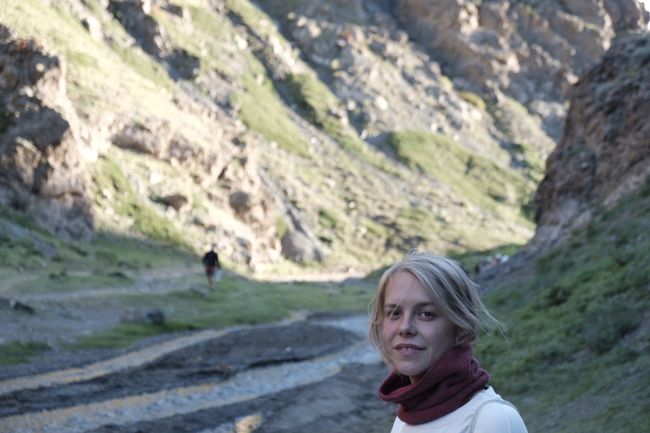
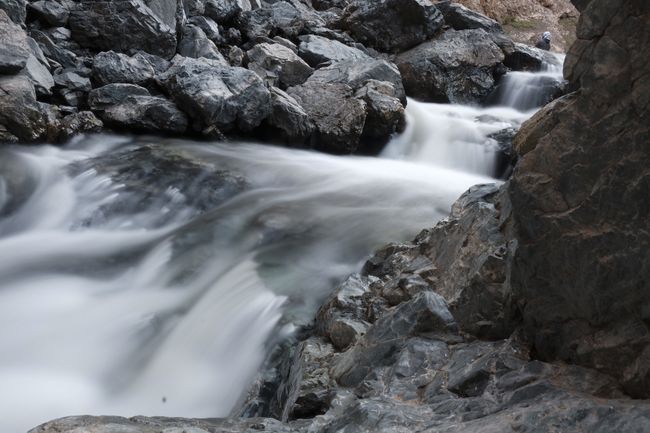
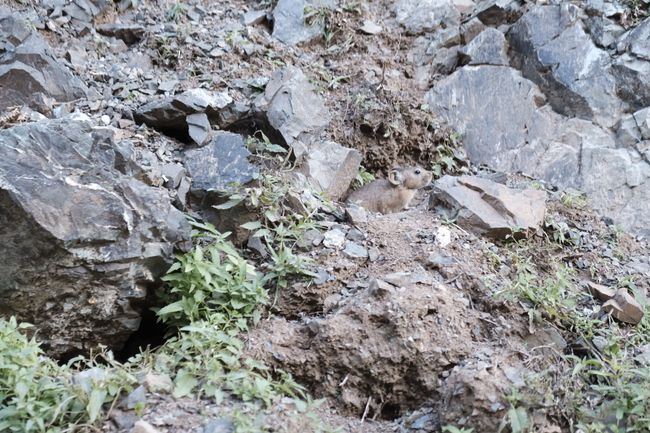
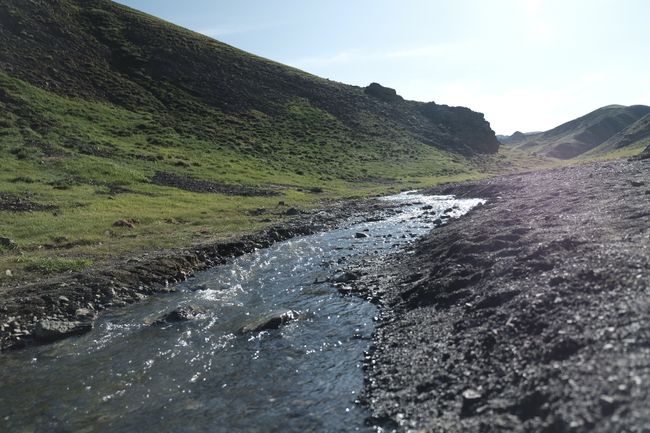
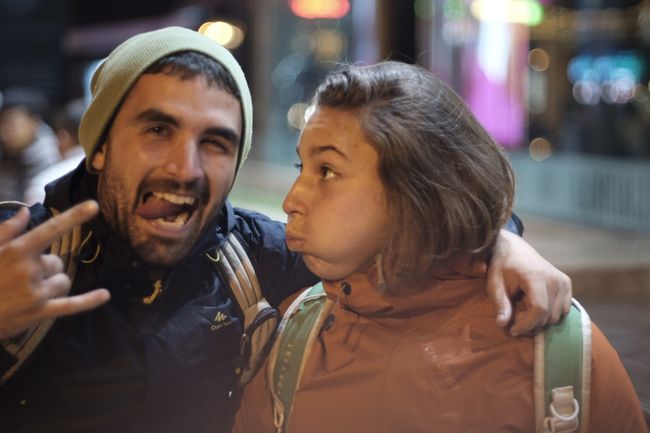
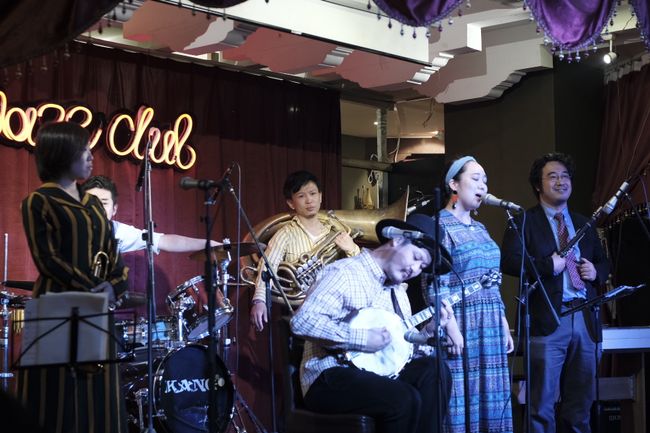
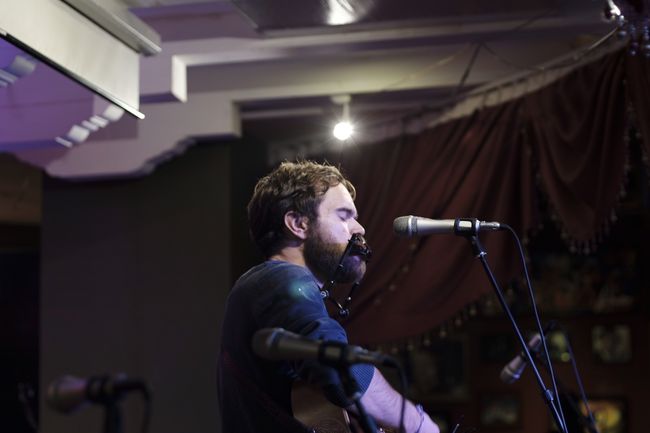
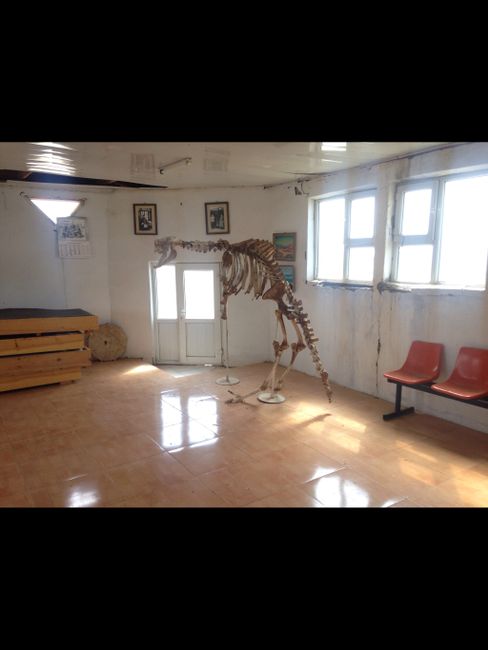
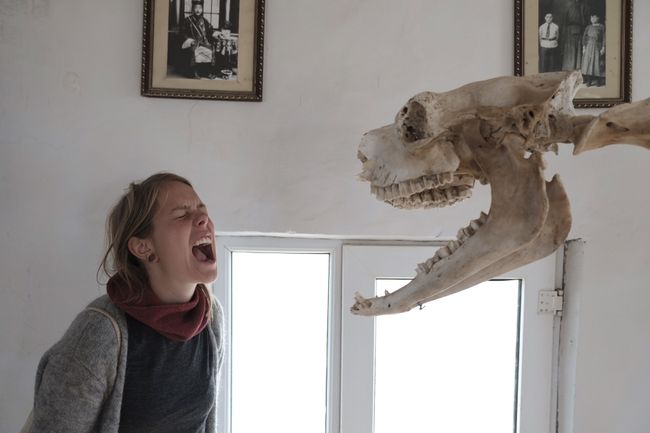
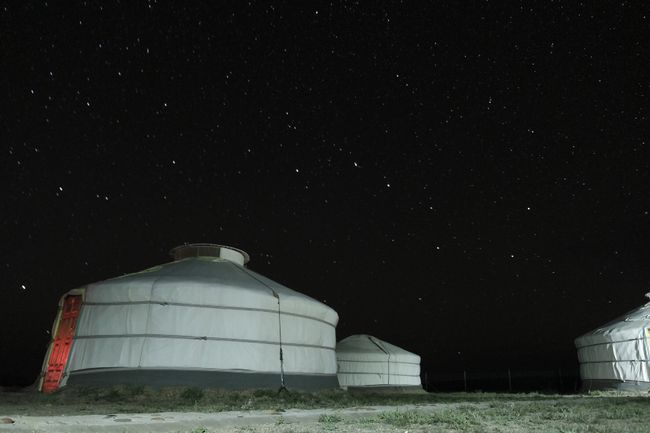
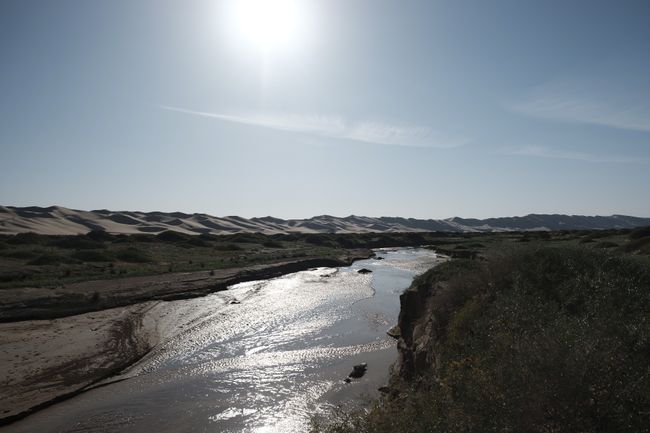
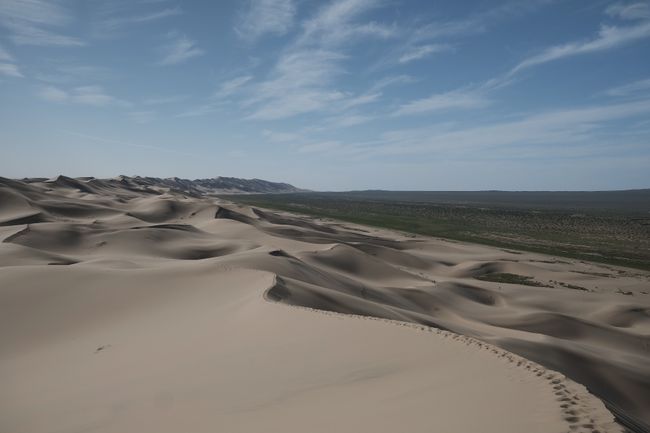
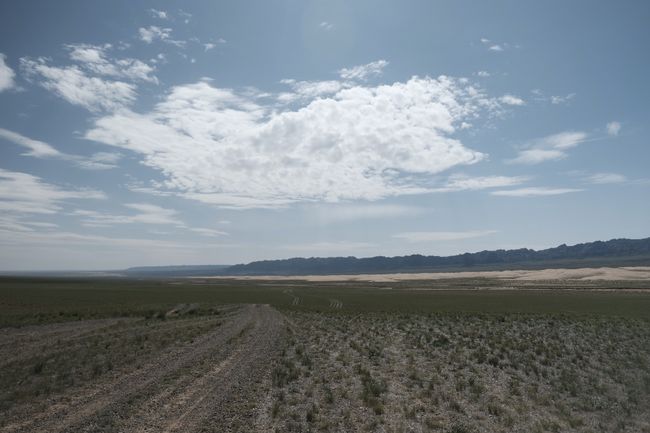
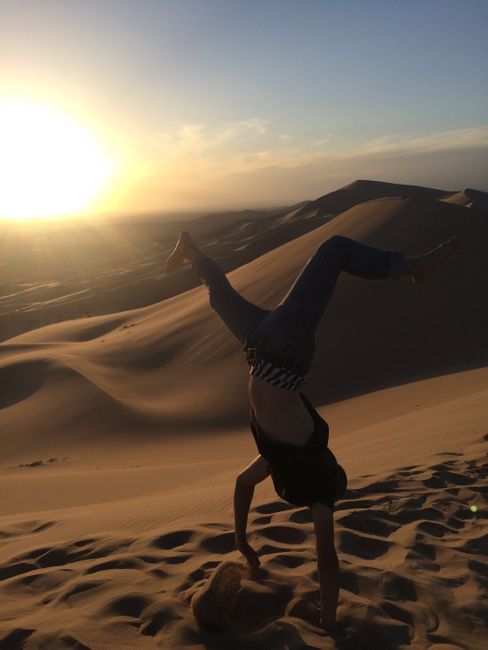
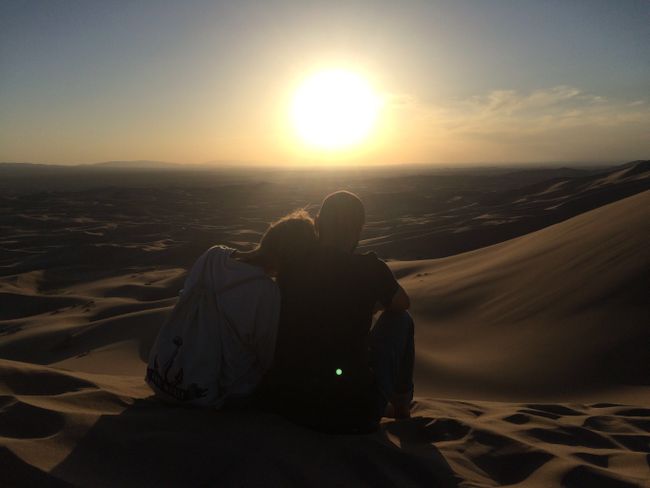
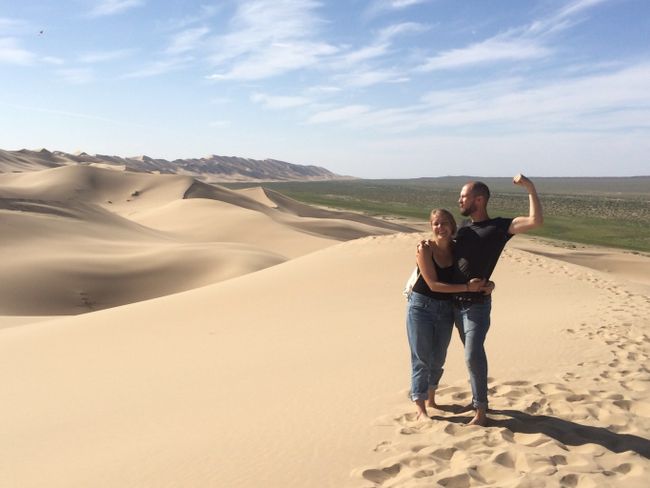
వార్తాలేఖకు సభ్యత్వాన్ని పొందండి
After entering Mongolia smoothly thanks to a last-minute visa, we were picked up at the airport by a driver holding a sign at the gate (highly recommended, we could have used that in Beijing as well), who took us to the Department Store in pouring rain through the completely collapsed traffic. The Department Store is like the KDW of Mongolia and its yellow-beige tiled exterior gives it a charming 60s indoor pool vibe. Overall, UB is a rather shabby city with Soviet charm, way too much traffic that promises congestion at any time of the day, and incredibly stuffy air. Arriving at the guesthouse, we moved into a super relaxed hostel community, consisting of Simon, a traveling musician, three Nepalese people, and a 15-year-old Mongolian boy who worked at the reception and neither spoke English nor could express himself well in sign language. Later a Russian couple joined as well. (The tranquility is deceptive, but more on that later) With Simon, we went to one of his performances on one of the first evenings. This was in a jazz club, which had phenomenally delicious food, an enthralling Japanese jazz band but unfortunately (despite the arrangement) no money or discounts for Simon. Nevertheless, the evening was just great because we met many cool people. For example, Lara, a German traveler who previously worked in accommodation for people with disabilities in Russia and now wants to travel through Mongolia, China, and Tibet to Nepal. Another wonderful person we met was Sergi. A traveler from Catalonia who used to work as a journalist but now earns his money as a traveler through radio shows, blogs, and YouTube videos. We had some great evenings with these people, which always started at the Tse-Pub. The Tse-Pub is both a restaurant and as Sergi puts it, "so fucking cheap, man". Pretty much everything there costs one euro or less. That's why we went there to eat up to twice a day, as cooking yourself, at least if you want to cook with vegetables, is much more expensive. For example, on the first evening, we paid 2.50€ for a zucchini, with which we could have already gotten two main courses and two teas at the Tse-Pub. It is also not to be neglected that you could buy a 3-liter beer tower for 13,500 Tugrik, which initiated many evenings. You have to know that one euro is about 2,900 Tugrik. Due to the absurd denomination, you have 10 Tugrik bills that are worth about 0.35 cents. This can mean that if you want to pay a larger amount, you need a stack of bills that would have been enough to shoot several rap videos in Germany.
Through the hostel, we booked a tour to the Gobi Desert because the time in Mongolia, due to our China visa, unfortunately, was not enough to go there on our own. In retrospect, we had some criticisms of our tour. But let's go chronologically. First, we were picked up in the morning at our hostel to then drive for a whopping eight hours through nothingness. By nothingness, I mean a breathtaking landscape consisting of grassland in shades of beige to green and nothing else except a few small purple flowers that only stand in the otherwise sandy desert due to climate change. It is unbelievable how far you can see and how rarely you encounter people on the way. However, you do see goats, camels, sheep, and horses more often, as well as the occasional yurt. In Mongolia, 50% of the people still live nomadically and travel around with their animals and tents. When we had to go to the toilet once, our driver stopped so that we could go into the bushes. Unfortunately, as described above, there are no bushes there, not even hills. So our very considerate driver stopped in the middle of the road, right next to another tourist bus, so that we could find a spot in the field between many buttocks to pee. But even the 'real' toilets were only simple pit toilets without doors, from which you could enjoy a nice view of the Mongolian nature, but others could also enjoy a nice view of the squatting person, which is why it didn't really matter whether you chose the toilet or the field for your business.
One of our fellow travelers was an Australian 'lady,' as she was called by the hostel owner Minjin in advance. The lady's name was Cynthia, she was about the age of our parents and a really fascinating woman who has been everywhere and seems to know everything. For example, she lived in Hungary after the collapse of the Soviet Union and could tell us a lot about the social change there, but now she works at the UN. Cynthia and we not only spent a lot of time together in the car but also shared a yurt from the first night, so that after not even a day, we felt like we had known each other forever. On our first day, we were in a mountain range that had rained way too much for desert conditions, so we had to wait at one river after another. The next day we had a camel tour, which was rather boring, except that my camel always wiped its snot on René's pants, which amused me quite a bit. Then we climbed a dune and had the most beautiful view you can imagine. We thought that was already the absolute highlight until we drove to the next, even higher dune. The endless beige of the dunes blurred into several shades while the sun shone warmly behind them and warmed our faces. It was simply beautiful.
We were promised that we could slide down the dunes on sand sledges, but unfortunately, we didn't get any. So we decided to have a race down the dune instead. Although René won, it was a huge fun and a thousand times better than a boring sled ride. As you get faster and faster, it feels like you're losing the ground under your feet (which you actually do in a way). We slept in a yurt near the dunes that night. In this vast nothingness, without any light pollution, René and I went out and looked at the sky, which was so clear that we could see the Milky Way and we felt how small we actually are in this huge universe.
On the last day, my second absolute highlight came: we saw a real camel raptor skeleton!
But let's start from the beginning. After a never-ending drive, we arrived at a small yurt camp, which was half fancy, half rundown and beautified by various animal elements. Our guide took us into one of the houses, where, along with a lot of garbage, various old photos, and fossils, there was a dinosaur skeleton. The wind moved the bones, which must have been millions of years old. We were very surprised that a skeleton that had been preserved for so long was now rotting away in this dingy room. Nevertheless, we took some photos with the exhibit. Then we went down a few steps into a kind of ashtray. The ashtray was actually a mini-cellar room full of trash and old cigarette butts. In the midst of the garbage lay another, less well-preserved skeleton of a fish-like giant creature. Our driver, who was supposed to be an English-speaking guide, couldn't explain to us what this peculiar room was all about. So we continued to this attraction and then to a red canyon. Here our driver told us to be careful, so at least something in English. However, we didn't know why we should be careful. Standing on the red peak of the canyon, we quickly realized what he wanted to say: the wind almost blew us off the top, so René and I could hardly move to avoid being blown away. We cautiously climbed back down and positioned ourselves in the wind shadow behind a ledge. We then met a British guy and his really English-speaking guide again, whom we knew from our yurt camp. The guide laughed a lot when we told him about our crazy dinosaur. He then explained to us that the dinosaur was neither old nor a dinosaur but simply two camel skeletons put together to form a large dinosaur-like skeleton. The fish in the ashtray, however, was indeed a prehistoric creature. Our guide, who unfortunately didn't speak a word of English, was a real disappointment. We couldn't even go for a walk or ask for information about camel dinosaurs because his vocabulary and charade skills didn't allow it. It should also be mentioned that our guide was actually just the brother of the actual employed guide, who was still with us on the first day, tried to convince us with his ten words of English, and then handed over the job to his brother. On the way back, we summed up that we got to know a very cool Australian woman, saw a lot of the Gobi Desert in a short time, enjoyed the most wonderful view from a dune, and slept in real yurts. Despite the promised services, we didn't have an English-speaking guide or a boring sled ride (although it was promised), and we unexpectedly didn't sleep in the mountains on the first night but next to an amusement park in a small, rather shabby town. So the tour was really great, and we probably would have booked it anyway, but at the same time, it's not nice that we were apparently ripped off several times. But hey, the craziest part is yet to come!
వార్తాలేఖకు సభ్యత్వాన్ని పొందండి
సమాధానం (1)
Chris
Hast du die Haare ab??? Sieht trotzdem gut aus Gruß Papa und Mama Rom. 